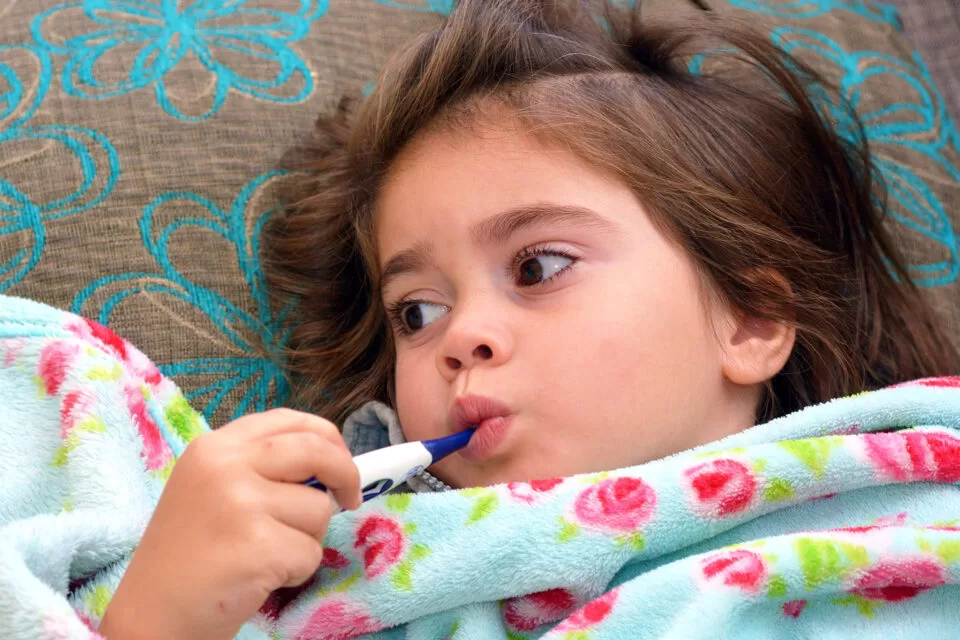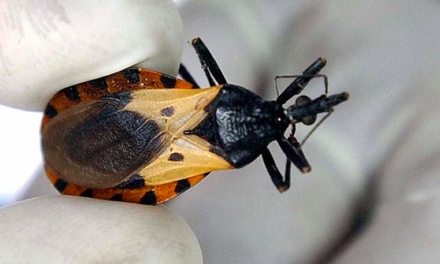A recent study led by Dr. Gemma Heath from Aston University and Dr. Prasad Nagakumar from Birmingham Children’s Hospital highlights significant gaps in the diagnosis and treatment of preschool wheeze, underscoring the need for better evidence-based guidelines. The findings, published in the Archives of Disease in Childhood journal, suggest that improvements in care are urgently needed for this common childhood condition.
Preschool wheeze, affecting 30–40% of children under the age of six, is characterized by episodes of wheezing or breathlessness. Younger children are especially vulnerable due to their narrower airways, making them more prone to respiratory issues. While it shares similarities with asthma, preschool wheeze is often triggered by viral infections or allergies and does not necessarily indicate future asthma development.
The United Kingdom has one of the highest rates of preschool wheeze among two-year-olds in Europe, contributing to frequent hospital visits and admissions. The condition is a major cause of health-related stress for parents, leading to significant emotional strain, health care costs, and diminished quality of life for both the child and family.
However, the research reveals a troubling lack of standardized diagnostic protocols and clear management guidelines for preschool wheeze. Through interviews with parents and caregivers, the study uncovered multiple issues in the care pathway. A key concern expressed by parents was the inconsistency in medical terminology used by doctors, with terms like “asthma,” “suspected asthma,” “viral wheeze,” and “allergy” leading to confusion and conflicting diagnoses. Many parents reported frustration over the absence of a definitive diagnosis, as well as instances of false reassurance, where doctors suggested the condition was viral rather than asthma.
Furthermore, diagnostic tests were often delayed until after repeated hospitalizations, despite the potential of blood tests and specific allergy markers to guide treatment. Parents in the study expressed strong support for timely testing, provided it would lead to more effective treatment, though they were wary of excessive testing.
Preschool wheeze is typically managed with steroids and salbutamol inhalers, similar to treatments for asthma. While parents were concerned about the potential side effects and long-term impacts of these medications, many considered them an acceptable solution to the immediate challenges posed by wheezing attacks.
The psychological toll on parents is substantial, with many reporting feelings of terror and helplessness during episodes. Some had to take time off work or even leave their jobs entirely to care for their child, while others found themselves unable to travel, fearing a lack of medical support in case of an emergency abroad.
Interestingly, the study also revealed that most parents preferred seeking treatment in hospital settings rather than visiting their general practitioner (GP). This preference stemmed from a perceived lack of GP training and confidence in managing the condition. However, logistical barriers—such as childcare challenges, high parking costs at hospitals, and limited ambulance availability—further complicated access to necessary care.
The study’s authors called for clinical trials to explore the effectiveness of treatment protocols that incorporate investigation results, aiming to offer more tailored and timely interventions for preschool wheeze.
Dr. Gemma Heath commented on the findings: “This research underscores the urgent need for evidence-based management policies for preschool wheeze, co-developed with parents. Investigations such as blood tests and allergy testing could prove invaluable if they lead to more precise and effective treatments.”
Dr. Prasad Nagakumar added: “Preschool wheeze deeply affects children and their parents. By involving those with lived experience, our study aims to pave the way for future research that will improve care and alleviate the burden on the UK’s overburdened emergency services.”
For more information, refer to the study by Lubna Mohammed Abdul Wajid et al., titled Managing preschool wheeze: a qualitative study of parents’ views and experiences, published in Archives of Disease in Childhood (2024). DOI: 10.1136/archdischild-2024-327781.












